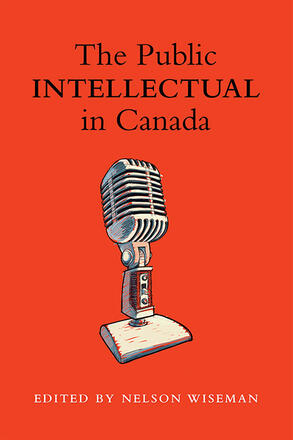
The Public intellectual in Canada
Description
This illuminating, entertaining, and timely volume examines the place and impact of public intellectuals in our rapidly changing and diverse society. Boasting an all-star cast of contributors – including some of Canada’s most prominent writers, journalists, and academics – it probes the role of public discourse and intellectual persuasion in shaping Canada’s past, present, and future.
The Public Intellectual in Canada examines how individuals have come to assume this role, how they are received by various publics, and what they have been able to accomplish. The pieces cover topics ranging from the potential and perils of advocacy to the influence of think tanks on public policy. Many pieces also delve into the roles of pollsters, political actors, pundits, social activists, economists, and ethicists, among others.
Broad in scope and stylistically diverse, these essays offer a fascinating overview of the links between thought, public exposition, and action in the fields of politics, science, and culture.
Reviews
‘Wiseman offers a surprising range of topics; his editorial efforts enhance the overlapping insights… Even when one disagrees or is annoyed, one is rarely disinterested. That is no small achievement for some 250 pages. ’
- Peter V. Krats